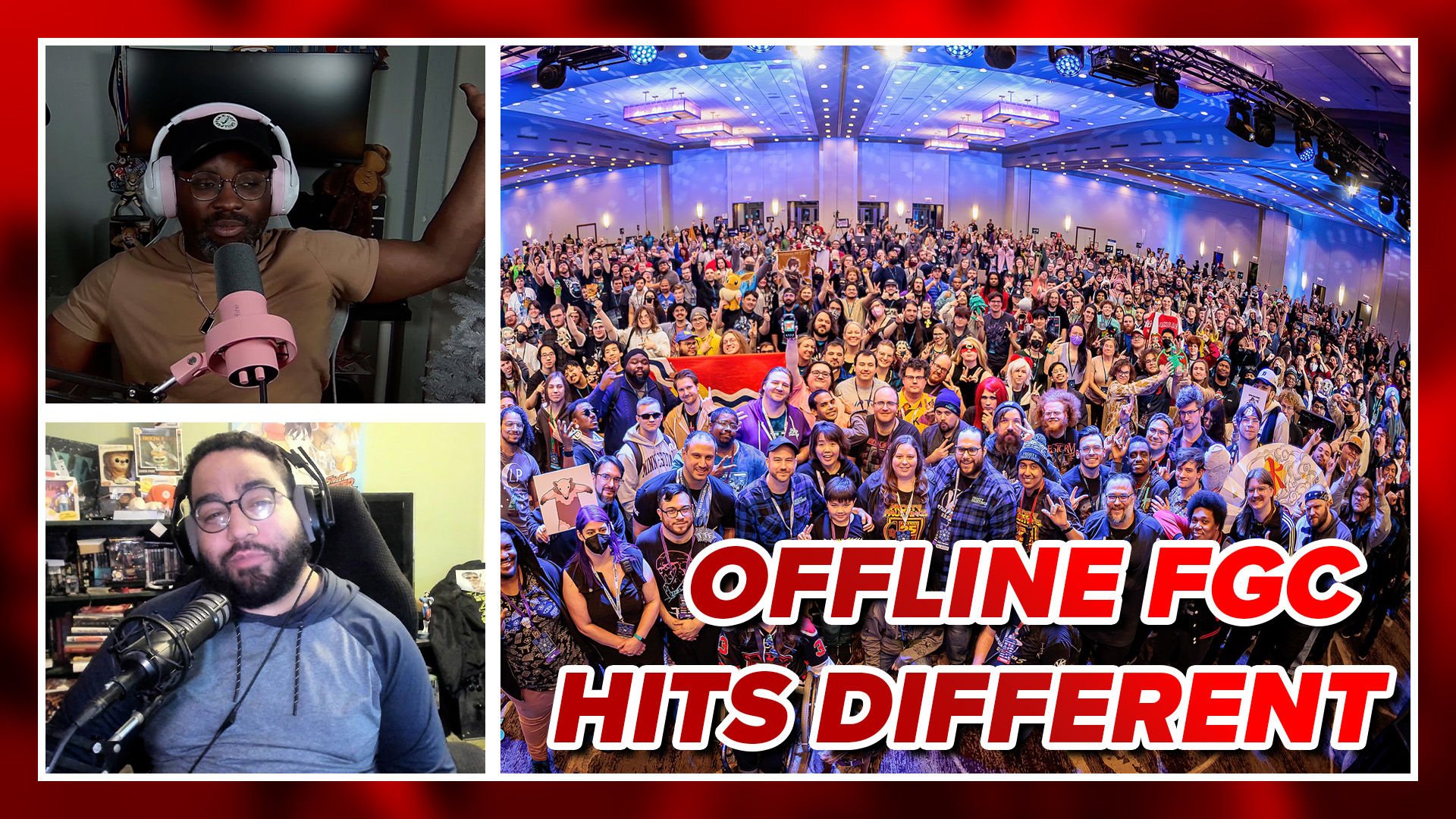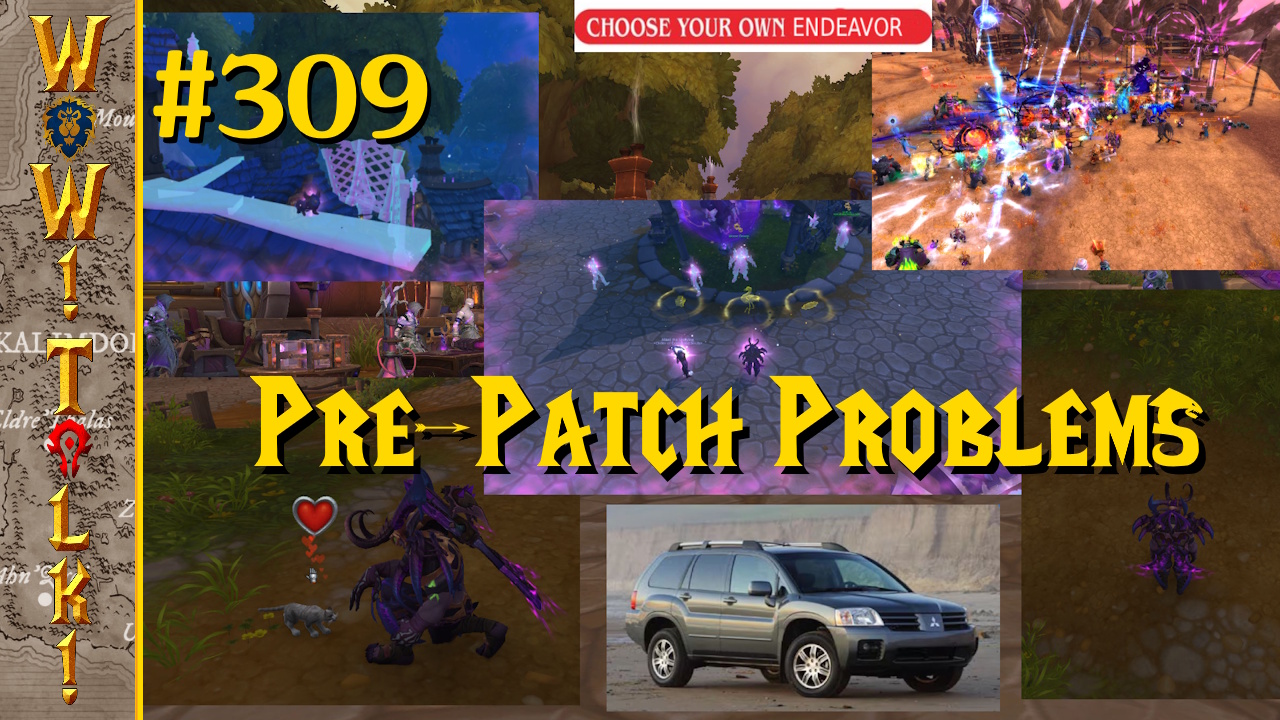
Cliff Bleszinski decided to come out swinging in favor of microtransactions a couple of days ago. Now, we all know how I feel about them already, but I was interested in seeing how he would go about defending them. I expected a little bit more than the usual claims that video games are a business and that you don’t have to buy them if you don’t like them, but that was all he had for me. No earth shattering revelations to be had with that article. One interesting quote, though, stuck with me about a certain company everyone loves to hate on:
“I used to be offended by Gamestop’s business practices but let’s be honest…they’re the next Tower Records or Sam Goody. It’s only a matter of time.”
And I agree. Maybe not for the same reasons that he does (Transition to digital gaming rendering the company obsolete), but I agree. I feel that Gamestop’s constant badgering for warranties, discount cards, preorders, disc replacement plans, and trade-ins have driven me to the point where I don’t even want to enter the store. The employees are forced to market things at me so aggressively that I can’t just walk up and buy a stupid game without an interrogation. Fun fact: you’re not allowed to give up on the warranty until you’ve asked the customer three times. Three! There are plenty of other shops that have given me the same treatment as well, and I’ve done exactly as Bleszinski suggested and voted with my wallet. I’ve never returned to them. If an alternative to Gamestop opened up in my town I would never darken their door again.

So, what does this have to do with microtransactions? Well, they work on a similar principle, where the game badgers you for more money once you get home. They’re relatively innocuous in most console games right now, with Dead Space 3 providing the option to buy more materials to speed the game up. Gears of War 3 provided tons of weapon skins that people could throw money away on if you were interested in making it impossible to go unnoticed on the maps. Even beloved Valve is more than willing to sell you a goofy hat for Team Fortress 2 if the price is right. These games aren’t especially pushy about what they’re selling, though, so why get all bent out of shape? Those items are just there if you love the game and want to throw the developers a couple more bucks in appreciation. I’ve done it, so what am I bent out of shape for?
I can see where this is all heading, that’s why; with EA Games especially. They released a new Free-to-Play game recently (Real Racing 3) that has some of the vilest uses of microtransactions I’ve ever heard of since before regular people started to wise up to Zynga’s practices. Need repairs? Gotta pay for them, then you’re given the option to wait while they’re being done or pay to get moving immediately. Want some new parts? Pay for them, then wait for installation or pay to get moving. Want another car? Better get comfortable racing for the pittances the game gives you, or shell out $99.99 in real world people dollars for 1000 Gold in the game (the Koenigsegg Agera R costs 800 gold, as an example). It’s so shameless and slimy that I can’t imagine anyone thinking people wouldn’t notice, but EA Games is just toeing the line; pushing its consumers to see what they’ll tolerate.
They started a long time ago with the online codes in all of their games. Remember when that was the big outrage not that long ago? I remember feeling a little put out when the idea came into effect, but all of the typical business excuses were there. They had to protect themselves from used games. They had to make sure they got the most money possible in order to keep the servers going. I begrudgingly believed them, too. It makes sense. Businesses don’t like supporting multiplayer for someone who bought a game without giving the developers and publishers a dime, so who can blame them? Still, it was another way that the consumer’s hand was forced, that we were treated like hostile savages that needed to be tamed to the publisher’s tastes.

Now that we’ve swallowed that particular pill and allowed them to lock out used games; now that all the dust has settled on that and no one is complaining any more, the microtransaction has wandered into the picture. Its defense mechanisms are all just the same as the Online Code, claiming that publishers are businesses that need to make money and that this is just another fight on the dark shores of used games. Gotta do anything to stop used, gotta make as much money as we can off every game. Again, the people doing it are telling us that we can just vote with our wallets; that they’re only doing it because they have to and it works.
I see Real Racing 3 and I see where these excuses are going to lead. The end may not be as extreme as that example, as EA Games is probably looking at that and figuring out how to slightly scale it back for their next experiment. It don’t know the degree they’ll change it as I don’t know the sales figures for the transactions being made in that game; so it could be more or less than I think, but this is an experiment meant to test the waters. This is where they want games to lead into – a place where players are given a bare-bones experience for full retail value and then given the option to pay for most of the game’s more interesting content. We’ve already seen the shift from cheat codes to payable DLC for almost every modern game, so how inevitable is this? Lots of things we’ve taken for granted for years as included game content have been getting stuck behind pay walls, and that’s only going to get worse.
I acknowledge that game development is expensive. I know that game companies are staffed by nice people who want to eat and take their families on trips. I want them to do well and succeed. Unfortunately, I’m not going to pay you to make games and then sell them to me in parts. If this really is the only way that modern Triple A development can sustain itself, then I believe the industry is in serious trouble. If the only way games can make a profit is by constantly bugging their customers for more money, then I don’t think the folks at Gamestop are the only ones who should be expecting to become the next Tower Records.

This is where my Gamestop example comes in, guys. Glad you took the time to read it. Trying to sell me all of these separate items and asking for money for them instead of just being content to sell me the damn game I came in for is indicative of this entire industry. It’s not enough now to just sell someone a great game complete in the box. They have to push and push with little transactions on top of them, prodding at the customer to see what works and what doesn’t. They’ll try to wring every last nickel and dime out of their customers, never noticing or caring about the people who slowly get sick of them and walk away. The numbers say that people are using microtransactions in the same way that I imagine Gamestop sees good profits in return for its warranty program. Do those same numbers show how many people get sick of all this and walk out the door, never to return?
All I see is an industry in decline, one that has grown so bloated that it can’t possibly sustain itself in its current condition. I see companies scrambling to grab every last dollar they can out of the industry before it all goes belly up. These are people who are grasping at straws and praying they find the one that will make this whole system profitable again while ignoring the fact that there may be no saving things the way they are now. If development and publishing costs are so high that we have to cut our customer’s throats in order to see any kind of profit, is this even an industry that is worth sustaining? Isn’t it time we pulled the plug on the whole thing?
I love video games and hate the idea of losing out on any of the great experiences I’ve had, but I don’t love Triple A games enough to support these kinds of business decisions. Unlike Gamestop, I have been able to walk away relatively comfortably, though; finding myself spending my money to support dozens of worthwhile independent projects in the past year. I found the general malaise I’d been feeling about the game industry was quickly cured by the likes of Maldita Castilla, The Sea Will Claim Everything, Lone Survivor, McPixel, Abobo’s Big Adventure, Rad Raygun, Anodyne, and dozens of other games that cost me next to nothing. The only thing lacking in these games compared to Triple A development was realistic visuals; something utterly without value when compared to something with any flare for art style. I’ll take The Cat Lady over Heavy Rain any day.

I think I will continue to vote with my wallet, just like Bleszinski said. He’s right about that. I just feel bad for him as I feel that many, many more people will start doing so over the next few years as the microtransaction trend grows in popularity. This system just isn’t sustainable as it is, and can’t even rely on there being no alternative in order to stay afloat like Gamestop does in many towns. With independent developers making gaming experiences that no Triple A studio would dare touch, I’m seeing a breadth of new, exciting stuff coming out that dwarfs even the weirdest game eras of the PS1 and PS2 (Chulip, anyone?). I’m dying to give these people my money because it’s great stuff and it’s cheap. There is literally nothing in Triple A development that can compete with these guys, and they’re picking up steam (Or the other way around. Congrats, Anodyne).
I don’t hate Triple A developers, though. Often these kinds of articles come across as if the writer hates them for what they’re doing, but I don’t. I am worried about them. All of this doom and gloom about Triple A development comes from a genuine, growing fear that this industry really is on the verge of collapse. If we have to talk about making players pay for every little addition or lock them out of buying used games, if we have to talk about controlling how the customers actually use the product, then how much trouble is the industry in? I hate the direction things are going and I want it to stop because I don’t see it going anywhere but ruin. I do not want to see a huge portion of my lifelong hobby, or the people who work and love creating games, brought low because of an industry that isn’t willing to make hard changes to survive.
This cannot continue, and no amount of excuses and microtransactions can stop it. We need to take a good, hard look at modern development and make drastic changes, because if not then Gamestop might go the way of the Dodo not because of archaic business models, but because it has nothing to fill its shelves after an entire industry collapse.
Images courtesy of egmnow.com, gearsblog.com, kotaku.com, gamester81.com




